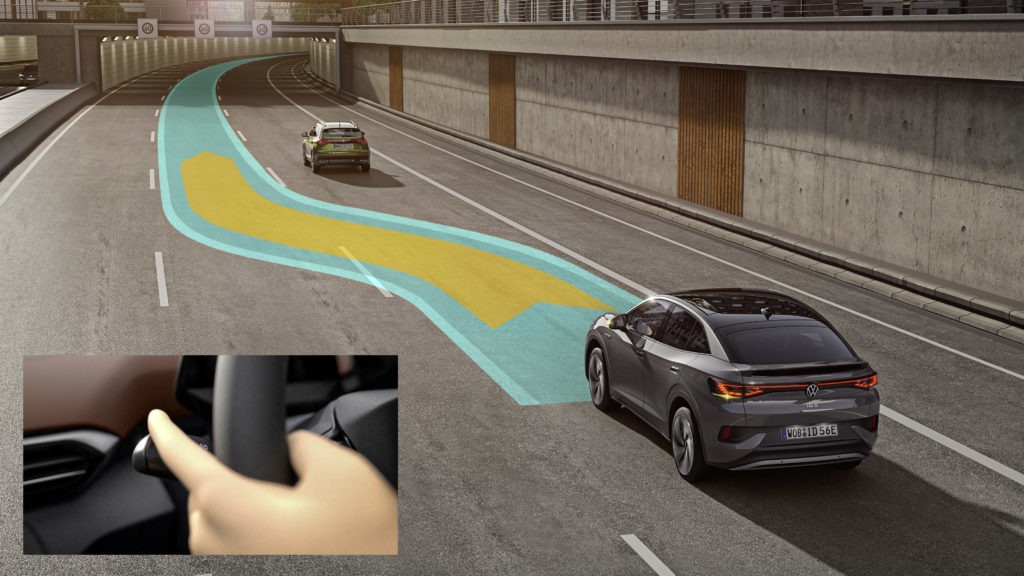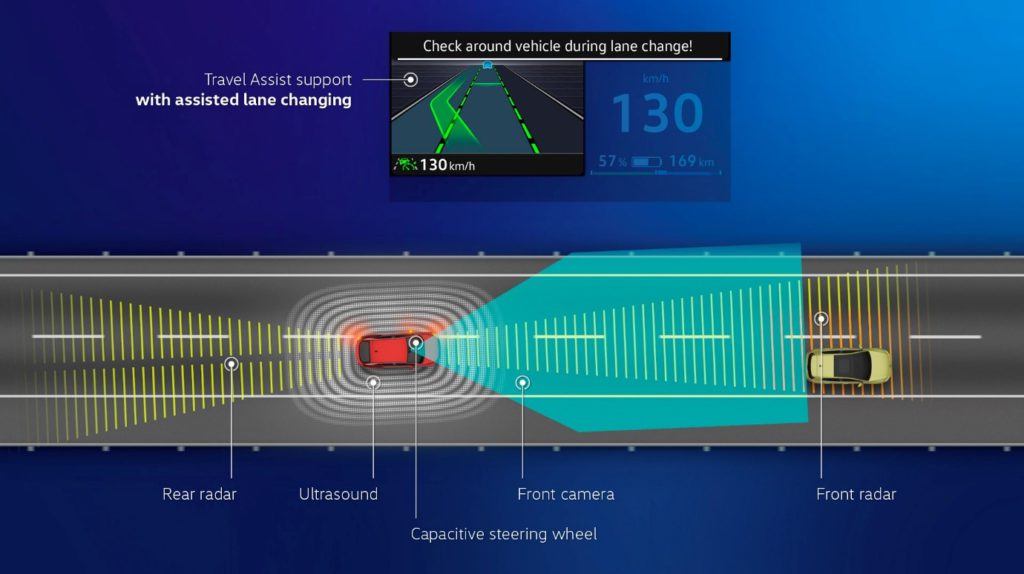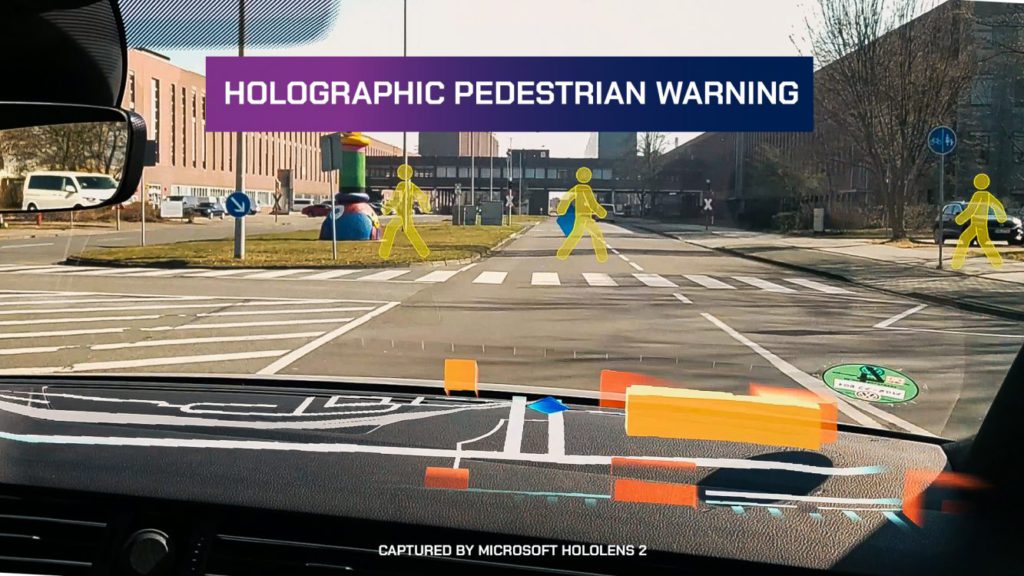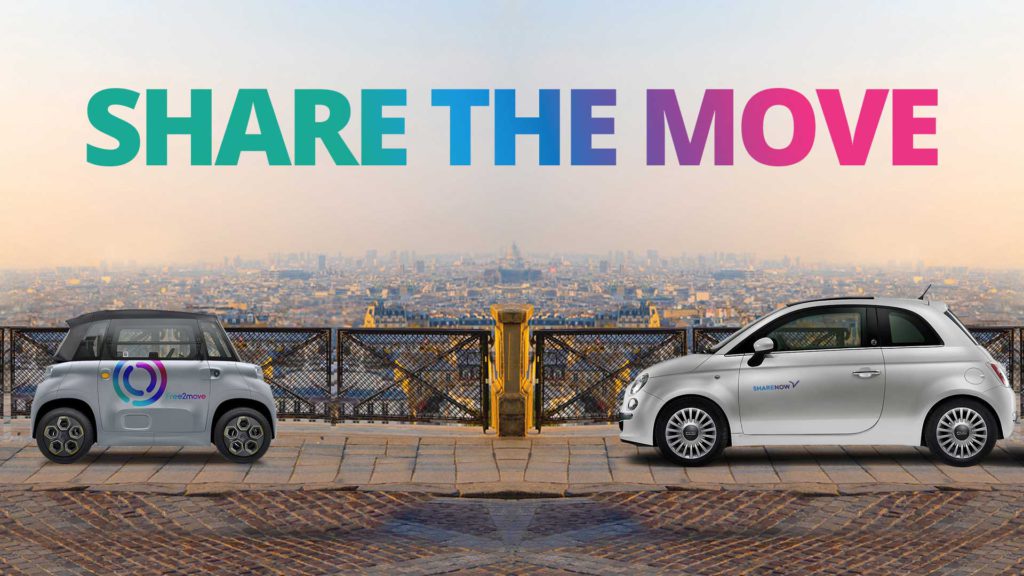Driver-assistance advancing fast, test results of Qashqai, ID.5, Polestar 2, and I-Pace show
17 May 2022

Assisted-driving technology is constantly advancing. A recent evaluation of the systems in the Nissan Qashqai, Volkswagen (VW) ID.5, Polestar 2 and Jaguar I-Pace illustrate just how rapidly improvements are being made.
The driver-assistance systems featured in the Qashqai and ID.5 both achieved ‘very good’ ratings. The Polestar 2’s capabilities were graded as ‘good’, while the technology in the Jaguar I-Pace only reached the ‘entry’ level, according to automotive safety organisation Euro NCAP.
Quick to age
Only capable of hitting the entry-level classification, the Jaguar I-Pace was the oldest car up for review by Euro NCAP, sporting its Adaptive Cruise with Steering Assist technology. The safety backup system recorded a score of 59%, while assistance competence managed 53%.

‘The emphasis is put on driver engagement – making sure that the driver does not switch off from the driving task and is ready to take over control when needed, with more limited levels of vehicle assistance and safety backup,’ Euro NCAP said. Autovista24 approached Jaguar for comment, but there was no response prior to publication.
Euro NCAP’s results might not appear favourable for the I-Pace. However, the safety organisation highlighted that the ‘entry’ level technology helps illustrate just how quickly driver-assistance systems are developing, with consumers getting access to increasingly advanced technology.
Over-the-air update
The Polestar 2’s Pilot Assist system was already assessed last year. However, with over-the-air (OTA) update P1.8, the carmaker upgraded assisted-driving support in bends. This took its Euro NCAP driver-assistance system rating from the ‘moderate’ level up to ‘good’. Safety backup hit an impressive 88%, while assistance competence managed to reach 53%.
‘Having Volvo Cars’ safety DNA in our cars is a major benefit for Polestar and in fact the safety team had already identified an opportunity for improvement in some of our advanced-driver assistance systems (ADAS) functionality when the original rating was released in 2021,’ said Thomas Ingenlath, Polestar CEO.
‘The software update P1.8 was coincidentally making its way into customer cars within a week of the results. The ability to constantly improve the car, especially when increasing safety credentials, is a key benefit of the connectivity and remote updatability of Polestar 2,’ Ingenlath added.
This highlights the potential of OTA updates. Unlike improvements to hardware, which would require a physical recall, these software-based upgrades can be made almost anywhere. Automotive functions are now more digitally defined, and are therefore more flexible and open to continual improvement, long after the car rolls out of the factory.
Nissan Qashqai
The Qashqai already performed well in Euro NCAP’s overall safety ratings, with the assisted-driving results becoming the icing on the cake for Nissan. The car’s ProPilot with Navi Link system strikes a balance between helping the driver while also not creating a habit of over-reliance.
Out of 100 points, the Qashqai scored 75.9 for driver engagement and 74.3 for vehicle assistance. The vehicle managed to reach an overall percentage mark of 74% in the assistance competence category. However, the safety backup system scored even higher, racking up a near-perfect 93%.
‘We are delighted that the many integrated features of Nissan’s advanced Pro-Pilot with Navi-Link system have been comprehensively assessed by Euro NCAP,’ said David Moss, senior vice president, regional research and development, at Nissan’s Technical Centre Europe. ‘The ranking of very good reflects our objective of developing technology which is supportive, intuitive and effective in reducing the stress and risk of daily driving.’
VW ID.5
VW’s ID.5, which sits on top of the same Modular Electric Platform (MEB) as the ID.3 and ID.4, also performed well in testing. Euro NCAP noted that the Travel Assist system accurately portrays system functionality. Like the Qashqai, the electric vehicle scored well in the safety backup category, hitting 85%, while it scored 76% for its assistance competence.
The German carmaker highlighted the importance of connected technology as a component of its driver-assistance system. For example, swarm data allows the travel-assist system to actively keep the vehicle in lane, maintaining both the maximum speed set by the driver and the distance to the car ahead.

VW gave an example of how its system functions on a highway. With the help of swarm data, travel assist can provide active support when changing lanes at 90kph and faster, all activated by tapping the indicator stalk. ‘Provided that the sensors detect no vehicle in the car’s surroundings and that the capacitive steering wheel recognises the driver’s hands, the vehicle then automatically initiates the overtaking manoeuvre and changes lanes,’ VW explained.
How the tests work
Specifically testing a vehicle’s driver-assistance systems, these results exist separately from Euro NCAP’s overall safety rating. The assessments consider real-world highway driving such as typical cut-in and cut-out scenarios, revealing how well the technology can help drivers avoid a collision.
Euro NCAP also evaluates how well the driver and system work together, including how the technology keeps the driver engaged. Lastly, the tests consider ‘safety backup,’ which is the vehicle’s ability to mitigate the consequences of a collision and respond to a system failure such as a blocked sensor.
‘We have been publishing assisted-driving gradings for a couple of years now and we are seeing real improvements in system performance,’ said secretary-general of Euro NCAP, Michiel van Ratingen. He explained that most manufacturers have realised the importance of letting drivers enjoy assistance systems without allowing them to become over-confident.
Ratingen went on to congratulate Nissan on the Qashqai, which was the most affordable car in the test group and shared the highest rating with VW’s ID.5. ‘It shows that the technology is moving fast and that assisted driving will become part of the mainstream very soon,’ he added.



